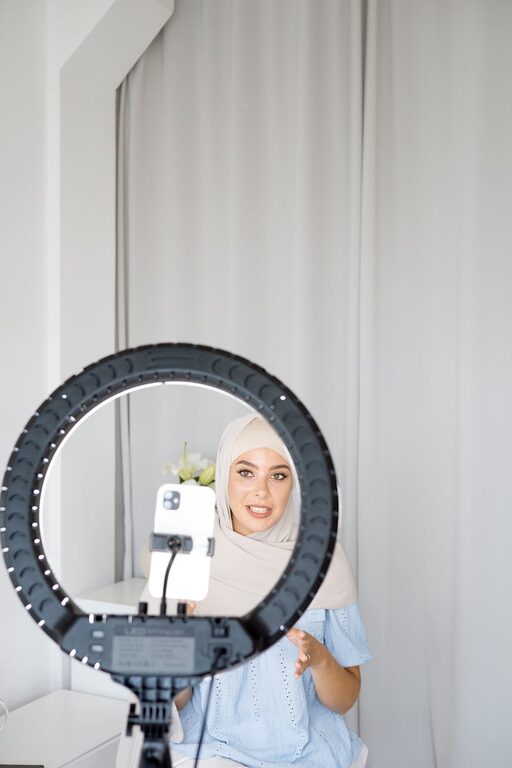Taking great photos with your phone is easier than ever, thanks to advances in smartphone camera technology. Whether you’re capturing memories, sharing on social media, or just having fun, a few simple tips can dramatically improve your photos. In this guide, we’ll walk you through beginner-friendly advice for taking better phone photos every time.
Understanding Your Phone Camera
Before diving into photography techniques, it helps to get familiar with your phone’s camera features.
Explore Camera Modes and Settings
Most smartphones offer various camera modes such as portrait, night, panorama, and more. Spend some time opening your camera app and experimenting with:
– HDR Mode: Combines multiple exposures for balanced lighting.
– Grid Lines: A helpful overlay that divides your frame into thirds for better composition.
– Flash Settings: Use flash sparingly; natural light is often better.
– Focus and Exposure: Tap the screen to adjust focus and brightness.
Understanding these basics sets the foundation for better photos.
Composition Tips for Stronger Photos
How you frame a photo makes a huge difference. Here are some classic composition tips to help your pictures stand out.
Use the Rule of Thirds
Imagine dividing your screen into a 3×3 grid. Place the main subject along these lines or at their intersections to create balanced and interesting photos.
Keep It Simple
Avoid cluttered backgrounds and distractions. A clear, simple background puts the focus on your subject.
Try Different Angles and Perspectives
Don’t just shoot from eye level. Get low, high, or close up for a fresh view and more dynamic photos.
Lead with Lines
Use natural lines like roads, fences, or rivers to lead the viewer’s eye into the photo.
Lighting Tips to Enhance Your Photos
Lighting is one of the most important aspects of photography.
Use Natural Light Whenever Possible
Photos taken in natural light usually look better. Try shooting outdoors or near windows for soft, even lighting.
Avoid Harsh Midday Sun
Bright overhead sunlight can cause harsh shadows. Early morning or late afternoon light (golden hour) creates warm, flattering tones.
Use Shadows Creatively
Shadows can add depth and drama but avoid them if they distract from your subject.
Turn Off the Flash
Built-in flash often produces flat, unnatural light. Instead, look for better natural lighting or use a nearby lamp if indoors.
Steady Your Phone for Crisp Shots
Blurry photos are a common frustration. Here’s how to keep your shots sharp:
Hold Your Phone with Both Hands
Keep your arms close to your body for better stability.
Use a Support
Rest your phone on a solid surface or use a tripod adapter to eliminate shake.
Use Burst Mode for Movement
If your subject is moving, hold down the shutter button to take multiple shots quickly. You can pick the sharpest photo later.
Editing Basics for Better Photos
Editing can greatly enhance your photos with just a few steps.
Use Built-In Editing Tools
Most phones have built-in editors with useful tools like:
– Cropping and straightening
– Adjusting brightness, contrast, and saturation
– Applying filters or presets
Keep Edits Natural
Avoid over-editing. Aim to enhance the photo, not change it completely.
Try Free Editing Apps
Apps like Snapseed, VSCO, or Lightroom Mobile offer more control and creative options.
Practice and Experiment
The best way to improve is to practice regularly and try new ideas.
Take Photos Daily
Try to capture something interesting every day. It can be nature, food, pets, or even textures.
Review Your Photos
Look back on your shots to see what worked and what can improve.
Learn from Others
Follow photographers you like on social media or join photography communities for inspiration and feedback.
—
With these beginner tips, you’re well on your way to taking better phone photos. Remember, the most important part of photography is enjoying the process and capturing moments that matter to you. Happy shooting!

